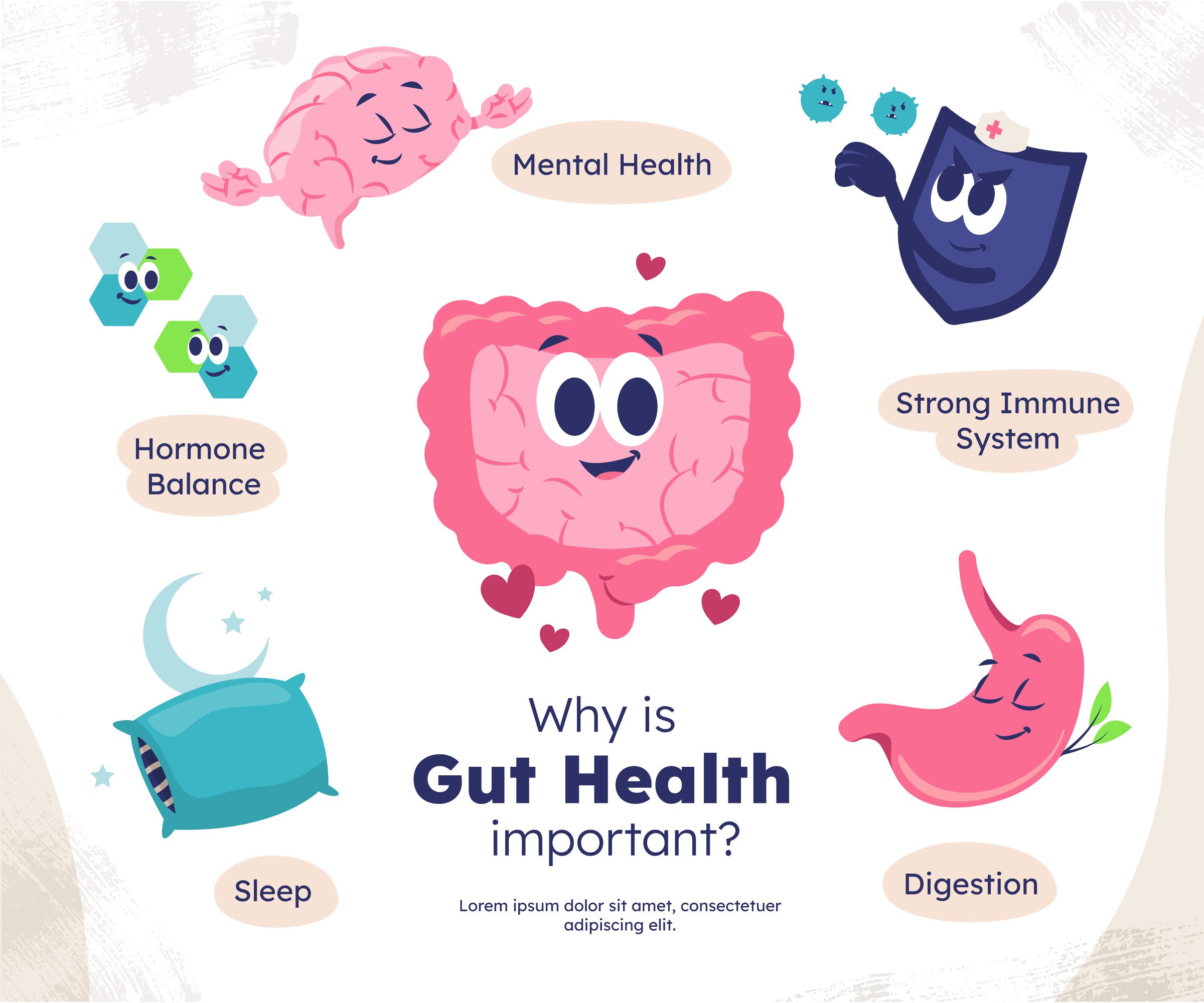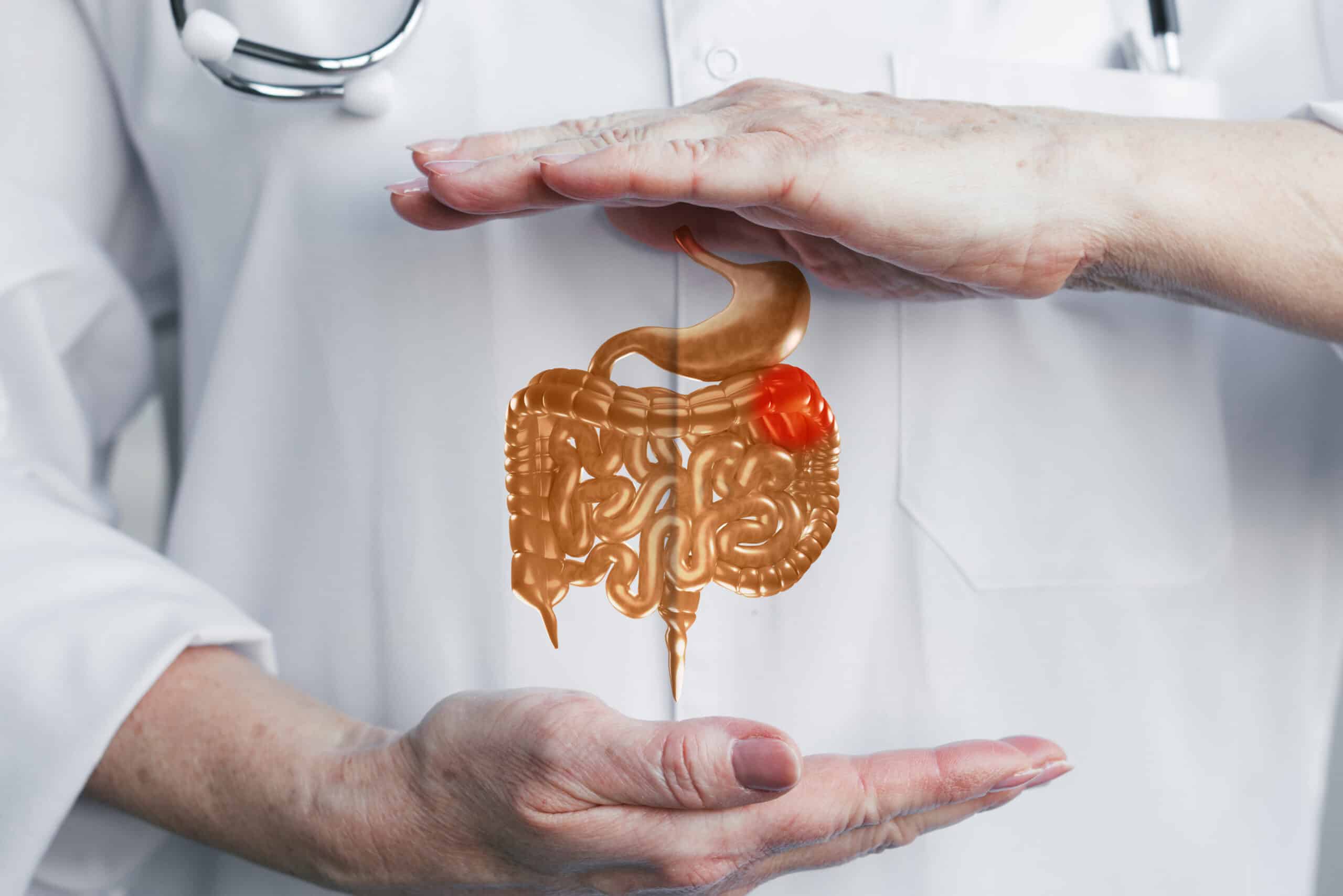Unlocking the Secrets to Wellness
In the labyrinth of our bodies, the gut stands as a central protagonist, orchestrating a symphony of functions that impact not only our digestive system but also our overall well-being. It’s a bustling metropolis of microorganisms, a bustling community where trillions of bacteria, fungi, and viruses coexist. This bustling ecosystem isn’t just about breaking down food; it plays a pivotal role in our immunity, mental health, and even weight management. Let’s unravel the mysteries and delve into the significance of cultivating a healthy gut.
Understanding the Gut Microbiome: A Diverse Community
The gut microbiome, a thriving community of microorganisms residing in our digestive tract, is a complex and diverse universe. Comprising bacteria, viruses, fungi, and other microbes, this ecosystem is unique to each individual, akin to a fingerprint. Achieving a balance in this community is crucial for optimal health.
1. The Microbial Orchestra: Balancing Act for Health
Picture the gut as a bustling orchestra, with different microbial species playing distinct instruments. The harmony of this orchestra is essential for maintaining a balanced gut microbiome. When one species overpowers the others, it can lead to disruptions, causing a cascade of health issues.
2. Gut-Brain Axis: The Mind-Gut Connection
Surprisingly, the gut communicates not only with other organs but also with the brain, forming the gut-brain axis. This intricate connection influences mood, cognition, and mental health. An imbalanced gut can contribute to anxiety, depression, and other mental health conditions.
The Pillars of a Healthy Gut: Nutrition and Lifestyle
Nurturing a thriving gut microbiome isn’t rocket science; it’s rooted in our daily choices. Diet and lifestyle play pivotal roles in shaping the gut environment.
3. Fiber-Rich Diets: Fueling Gut Health
Fiber acts as a feast for our gut microbes. Found in fruits, vegetables, and whole grains, fiber is the preferred fuel for beneficial bacteria. A diet lacking in fiber can starve these microbes, leading to an imbalance and potential health issues.
4. Fermented Foods: Probiotic Powerhouses
Incorporating fermented foods like yogurt, kefir, and sauerkraut introduces probiotics—live beneficial bacteria—into the gut. Probiotics enhance the microbial diversity, contributing to better digestion and immune function.
5. Hydration: A Quenched Gut is a Happy Gut
Water is the elixir of life, and it turns out, it’s crucial for gut health too. Proper hydration supports the mucosal lining of the intestines, aiding in nutrient absorption and maintaining a conducive environment for microbes.
6. Exercise: Sweating it Out for Gut Goodness
Physical activity isn’t just for sculpting the body; it also benefits the gut. Exercise promotes the diversity of gut microbes, contributing to a healthier and more robust gut microbiome.
The Ramifications of an Unhealthy Gut: Beyond Digestion
An imbalanced gut can reverberate beyond digestive discomfort, impacting various facets of our health.
7. Immune System Resilience: The Guardians of Gut Health
A significant portion of our immune system resides in the gut. A healthy gut microbiome acts as the first line of defense against pathogens, helping the immune system distinguish between friend and foe.
8. Weight Management: The Gut’s Role in the Battle of the Bulge
Research suggests a link between gut health and weight management. An imbalance in gut microbes can contribute to weight gain and obesity, making a compelling case for the phrase “you are what you eat.”
9. Inflammation: Quelling the Fires Within
A disrupted gut microbiome can lead to chronic inflammation, a precursor to various diseases. Chronic conditions like inflammatory bowel disease (IBD) and autoimmune disorders may be influenced by an imbalanced gut.
Nurturing Gut Health for Longevity: Practical Tips
Cultivating a healthy gut is an ongoing process, but it doesn’t have to be an arduous journey. Small, mindful changes can make a substantial difference.
10. Slow and Savory: Mindful Eating Habits
In a fast-paced world, we often neglect the simple act of savoring our meals. Chewing food thoroughly aids in digestion and nutrient absorption, contributing to a healthier gut environment.
11. Diverse Diet: A Rainbow on Your Plate
Variety is the spice of life, and it holds true for your gut as well. Consuming a diverse range of foods ensures a rich array of nutrients and supports the flourishing of different microbial species.
12. Limiting Antibiotics: Preserving the Microbial Balance
While antibiotics are lifesaving, their indiscriminate use can disrupt the delicate balance of gut microbes. When prescribed, it’s essential to follow the recommended course and consider probiotics to restore the gut flora.
Conclusion: A Journey Within for Overall Well-Being
In the intricate tapestry of our health, the gut emerges as a linchpin, influencing everything from digestion to mental well-being. Nurturing a healthy gut isn’t just a trend; it’s a fundamental aspect of self-care that reverberates throughout our lives. By embracing a mindful approach to nutrition and lifestyle, we embark on a journey within, unlocking the secrets to longevity and vitality.
Frequently Asked Questions (FAQs):
Q1: Can gut health impact mental well-being? Yes, the gut-brain axis connects the gut and the brain, influencing mood, cognition, and mental health. An imbalanced gut can contribute to conditions like anxiety and depression.
Q2: How can I improve my gut health through diet? Incorporate fiber-rich foods like fruits, vegetables, and whole grains. Additionally, include fermented foods like yogurt and sauerkraut for beneficial probiotics.
Q3: Is there a connection between gut health and autoimmune disorders? Research suggests that an imbalanced gut microbiome may contribute to the development of autoimmune disorders due to chronic inflammation.
Q4: Can antibiotics affect gut health? Yes, antibiotics can disrupt the balance of gut microbes. It’s essential to use antibiotics as prescribed and consider probiotics to restore gut flora.
Q5: How does hydration impact gut health? Proper hydration supports the mucosal lining of the intestines, aiding in nutrient absorption and maintaining a conducive environment for gut microbes.





